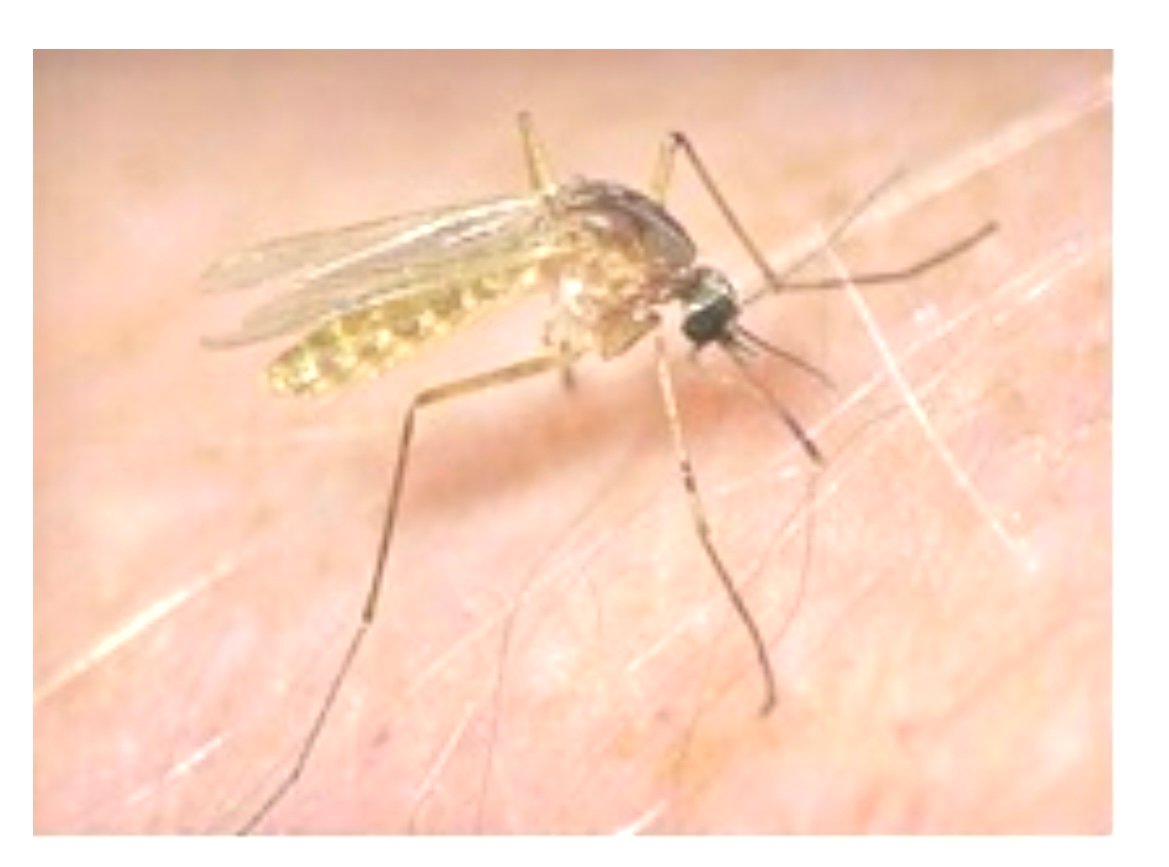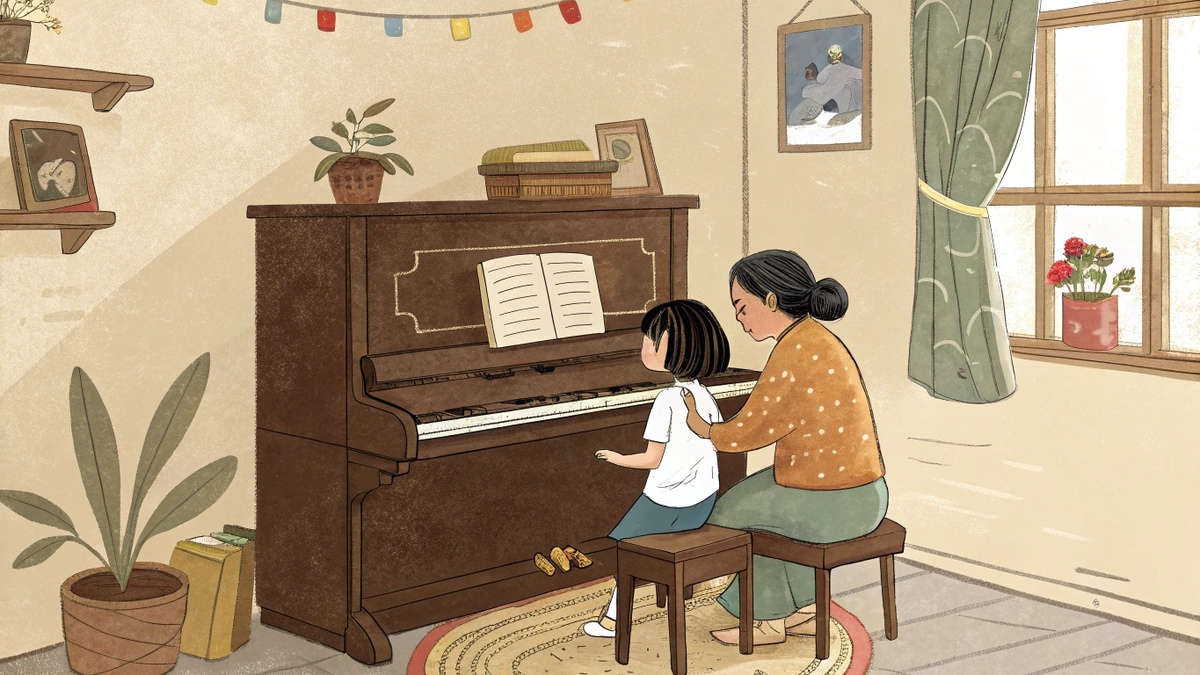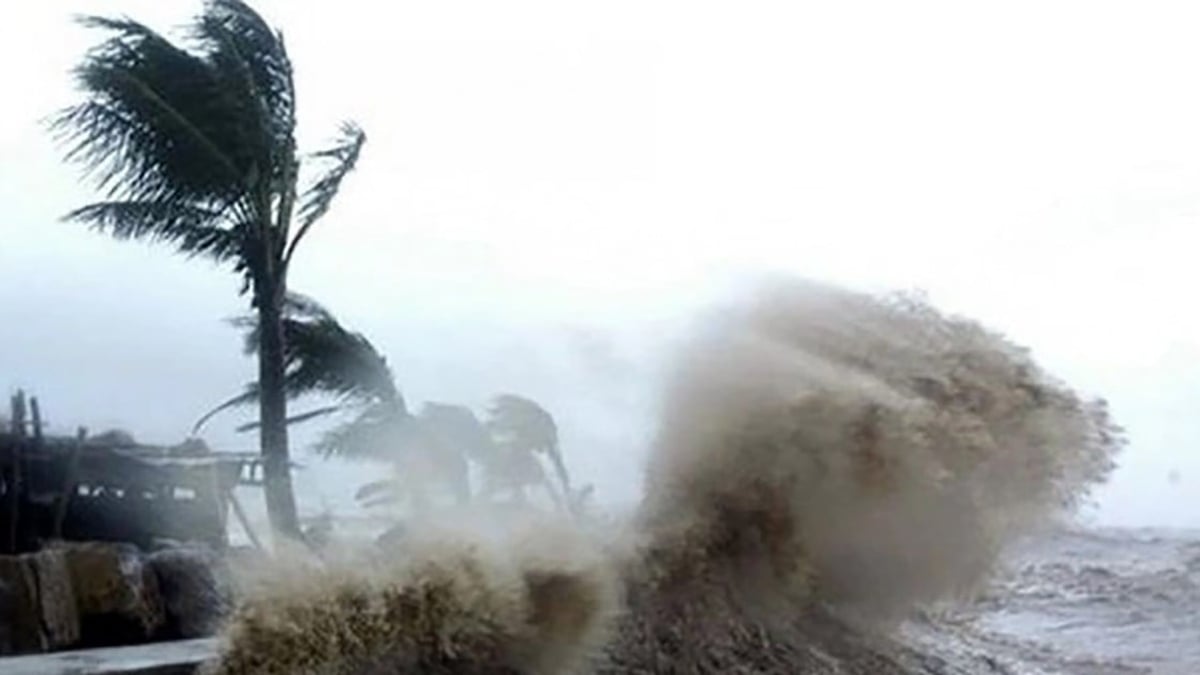The most recent case of Japanese encephalitis confirmed by the Hanoi Center for Disease Control (CDC) is an 8-year-old boy in Chuong My District (Hanoi).
This child patient showed symptoms of high fever, convulsions, vomiting, and drowsiness on September 18, and was taken to the National Children's Hospital on September 19. Test results on September 29 showed that the boy was positive for Japanese encephalitis virus. Previously, Hanoi recorded the first case of Japanese encephalitis, a 5-year-old boy in Phuc Tho district.

Culex mosquitoes transmit the virus that causes Japanese encephalitis, a common disease in young children.
Since the beginning of the year, Hanoi has had 2 cases of Japanese encephalitis (a 50% decrease compared to the same period in 2022).
According to the Department of Preventive Medicine ( Ministry of Health ), in Vietnam, Japanese encephalitis is prevalent throughout the country, most commonly in the northern delta and midland provinces. The outbreaks are mostly concentrated in areas with a lot of rice cultivation combined with pig farming or in the midland and semi-mountainous areas with a lot of fruit growing and pig farming.
This is a disease caused by the Japanese encephalitis virus. This virus occurs in livestock. Mosquitoes bite animals carrying the virus, then bite humans to transmit the Japanese encephalitis virus.
The most important source of infection in animals close to humans is pigs because they are susceptible to the virus and are raised in many households. In addition, some other livestock such as buffalo, cows, goats, and sheep can also be reservoirs of the virus.
The mosquito that transmits Japanese encephalitis is the Culex mosquito (different from the Aedes aegypti mosquito, also known as the mosquito that transmits dengue fever) which has a habit of being active at dusk. This type of mosquito has a high density in the plains and midlands and is the main intermediary transmitting Japanese encephalitis in our country.
Mosquitoes usually fly out to suck the blood of animals or people at dusk. Mosquitoes breed and develop a lot in the hot, rainy season.
Japanese encephalitis can occur at any age but is most common in children aged 2-8 years. This is considered one of the acute, dangerous diseases with a high mortality rate and sequelae in young children (from 25-35%). These sequelae cause the patient to have reduced communication ability and reduced or lost ability to work.
If the child has suspicious symptoms such as fever, headache, nausea, especially with convulsions and impaired consciousness, the child should be taken to the nearest medical facility for early detection and timely treatment to minimize the risk of death or sequelae.
Source link



![[Video] More than 100 universities announce tuition fees for the 2025–2026 academic year](https://vphoto.vietnam.vn/thumb/1200x675/vietnam/resource/IMAGE/2025/7/18/7eacdc721552429494cf919b3a65b42e)

























































































![[Infographic] In 2025, 47 products will achieve national OCOP](https://vphoto.vietnam.vn/thumb/402x226/vietnam/resource/IMAGE/2025/7/16/5d672398b0744db3ab920e05db8e5b7d)





Comment (0)